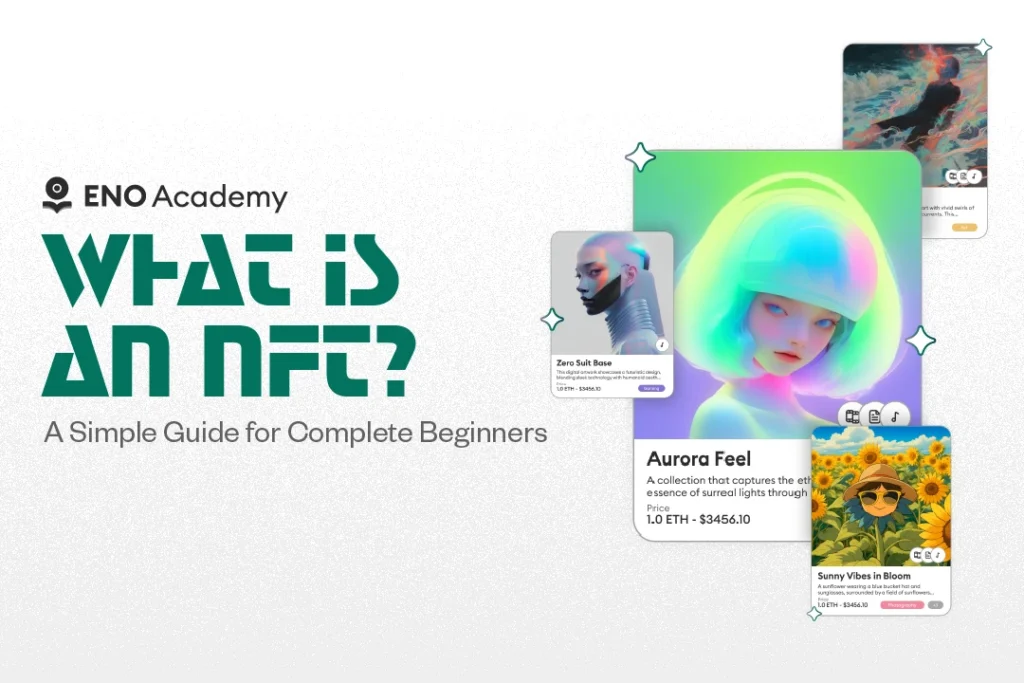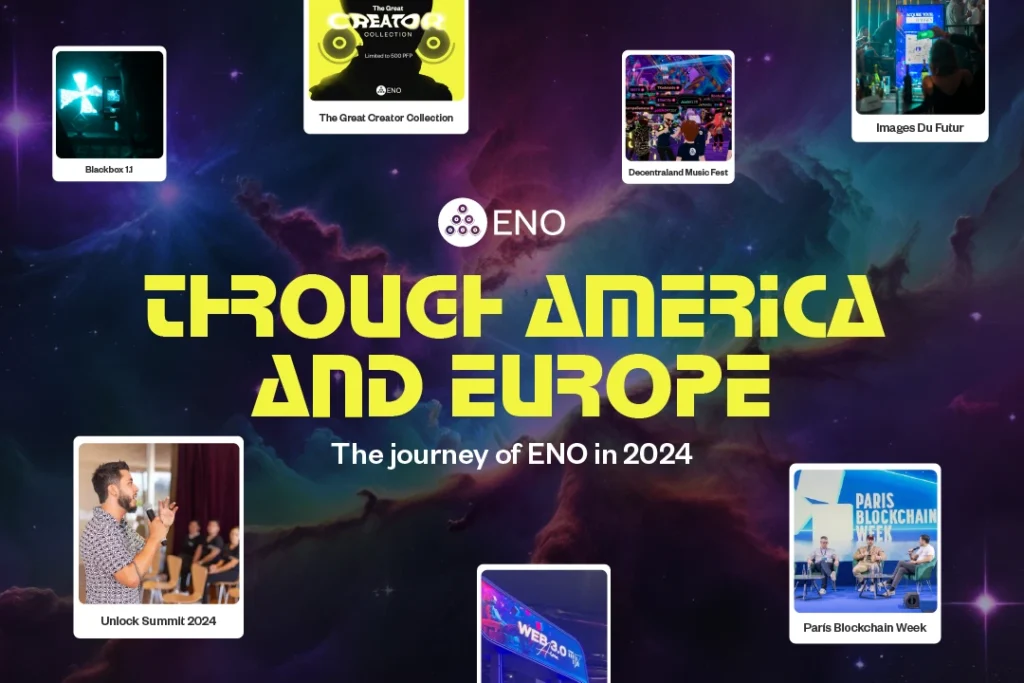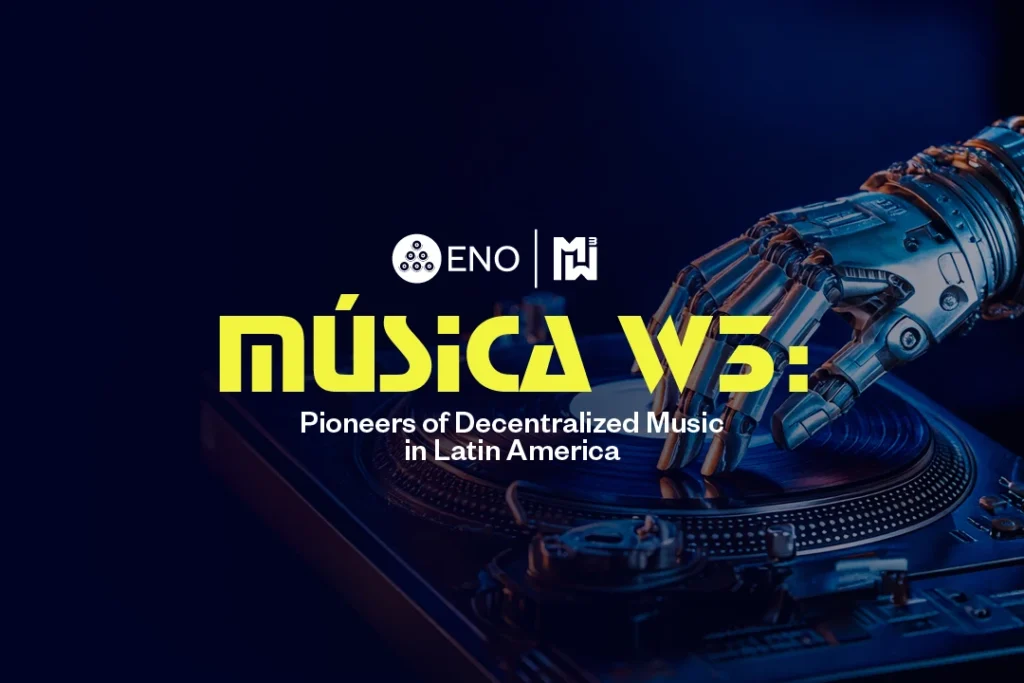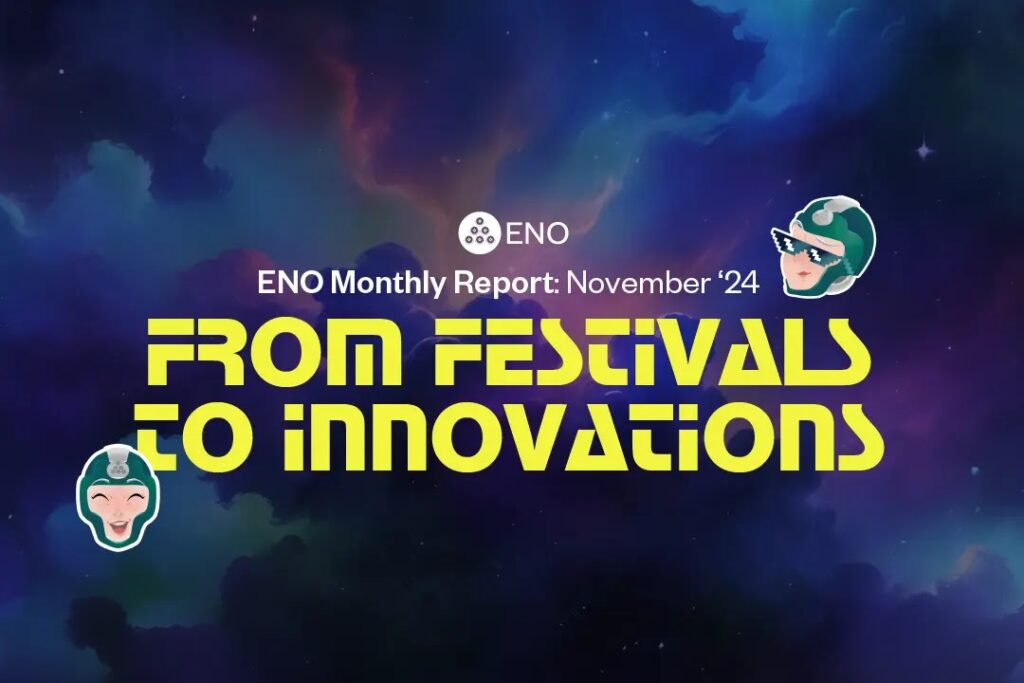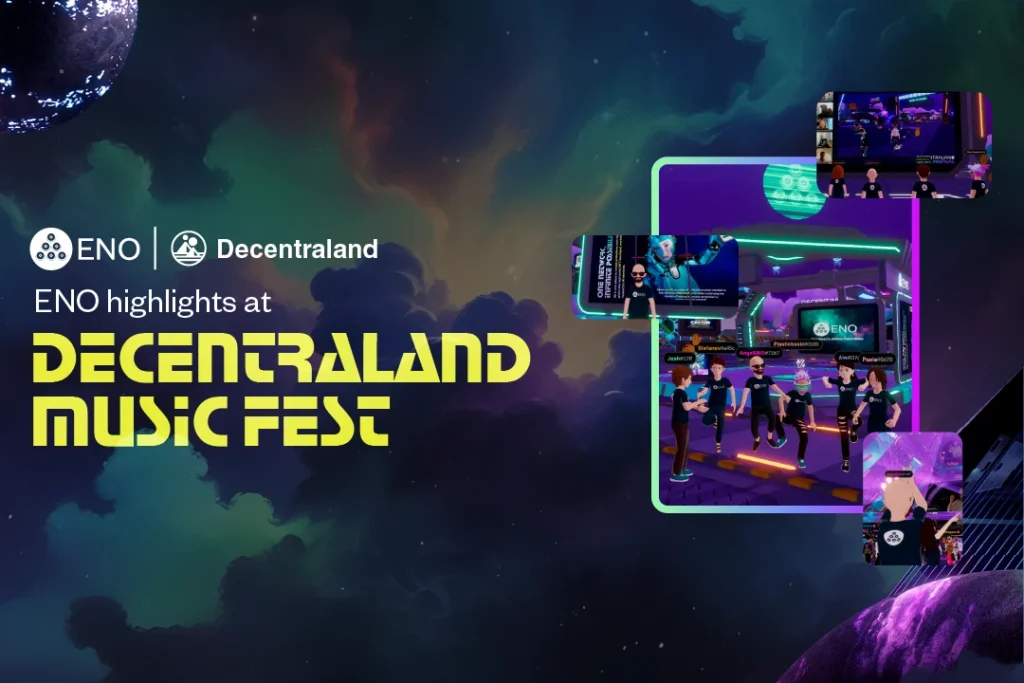-
- Understanding Artificial Intelligence in the Modern World
- The Intersection of Big Data and Consumer Preferences
- AI’s Role in Wine Marketing and Consumer Insight
- Innovative Applications of AI in Wine Production
- The Future of Wine: Efficiency and Consumer-Centric Approach
 Artificial Intelligence (AI) has transitioned from being a mere conjecture of science fiction to a reality deeply embedded in our daily lives. It aims to replicate human cognition and reasoning processes in a computational environment, applying algorithms for pattern recognition, machine learning, selective data search, and processing vast amounts of data, among other applications.
Artificial Intelligence (AI) has transitioned from being a mere conjecture of science fiction to a reality deeply embedded in our daily lives. It aims to replicate human cognition and reasoning processes in a computational environment, applying algorithms for pattern recognition, machine learning, selective data search, and processing vast amounts of data, among other applications.1. Understanding Artificial Intelligence in the Modern World:
While the aspirations to replicate the entire human experience in a robot or computer have not been fully realized since the early 1950s, significant progress has been made. AI is already intertwined with our lives, influencing our online behavior patterns and personalizing our experiences, often in ways we do not suspect.
2. The Intersection of Big Data and Consumer Preferences:
Big Data methodologies, which analyze our online and increasingly offline behavior patterns, have permeated various sectors, including the world of wine. They allow the reconstruction of differentiated profiles, analyzing tastes and dislikes, and serving as input for targeted marketing campaigns.
3. AI’s Role in Wine Marketing and Consumer Insight:
Companies like the American consultancy Enolytics are leveraging data services to help wineries understand their customers deeply. The concept of data marketing aims to recreate the personalized service of a traditional grocer on a global scale, catering to hundreds of millions of customers around the world.
4. Innovative Applications of AI in Wine Production:
AI is not limited to wine marketing; it is also optimizing aspects related to wine production. For instance, Bodega San Valero, in collaboration with Comextic and the Aragon Technology Institute, is developing the first digital platform to manage the marketing chain of their wines, aligning production, processing, and marketing strategies with consumer preferences.
5. The Future of Wine: Efficiency and Consumer-Centric Approach:
In the imminent markets, efficiency will complement the classic elements of competition such as price and quality. Mastering the right timing to plant, harvest, produce, age, distribute, and reach the consumer, along with understanding the tastes and desires of customers, will be indispensable tools in this not-so-distant future.
Conclusion:
Artificial Intelligence is already here, reshaping the wine industry by making it more efficient and consumer-centric. It is crucial for winemakers globally, including those in Argentina, to acknowledge and adapt to this transformative technology to stay competitive and relevant in the evolving market landscape.


